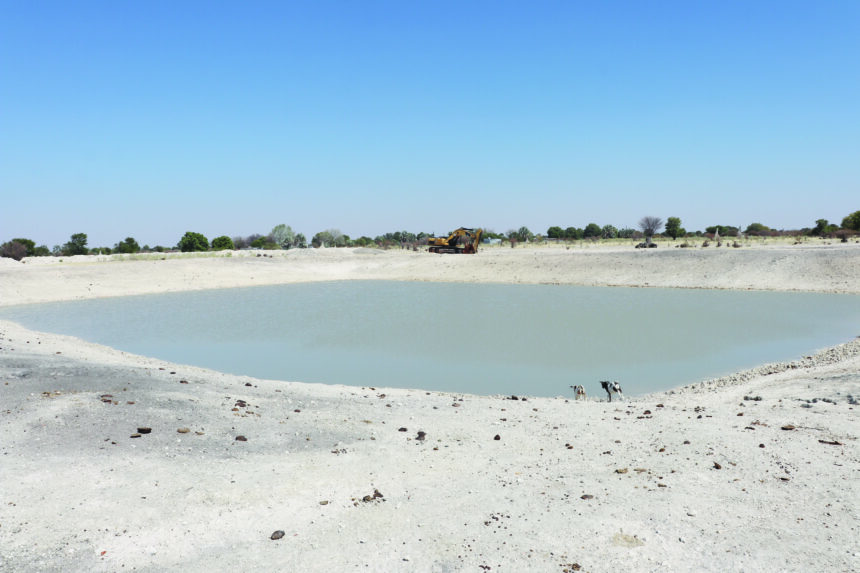ONDANGWA – The new Water Act will mandate communities extracting water from existing ponds, dams and boreholes for commercial purposes to acquire a licence from the Ministry of Agriculture, Water and Land Reform.
The latter is the same for individuals wanting to excavate new dams and drill boreholes to do business.
This includes individuals who extract water for irrigation and bricklaying businesses.
The Act, however, exempts individuals who extract water for domestic use, including small gardens at home, or those extracting to build at home.
“If you extract water for domestic use, you are exempted from owning a licence. Should you also drill outside a local authority and not within a water protection area, you are exempted. But should you drill or extract water for commercial purposes, you are required to get a licence,” said Sakeus Ihemba, the acting deputy director in the hydrology division.
He added that those discharging effluents are likewise required to apply to get a licence.
He was speaking at a Water Resources’ Management Act awareness meeting in Ondangwa on Tuesday.
The new Act regulates activities such as extraction, drilling dams as well as other activities deemed fit to be regulated under this Act, including the discharge of effluent.
The Water Resources Management Act of 2013 (Act No. 11 of 2013), which came into effect in 2023, aims to ensure that water resources in the country are managed, developed, used, conserved and protected for the future.
Ihemba said the new law prohibits individuals from impounding water in the streams.
“Anybody who impounds water as little as one metre of a stream is expected to get a licence from the ministry to impound such water.
Otherwise, you will be deemed to be doing it illegally, even though it is for your own use,” he continued.
The official appealed to the nation to acquaint themselves with the new Act so that they do not find themselves on the wrong side of the law.
Failure to comply with the new law or the licence condition is an offence punishable by law.
Individuals drilling or impounding water without a licence may get a fine of
N$50 000 or five years imprisonment, while repeat offenders can get a fine of N$500 000 or 10 years imprisonment, or both.
*Nuusita Ashipala is an information officer at MICT in Oshana.


